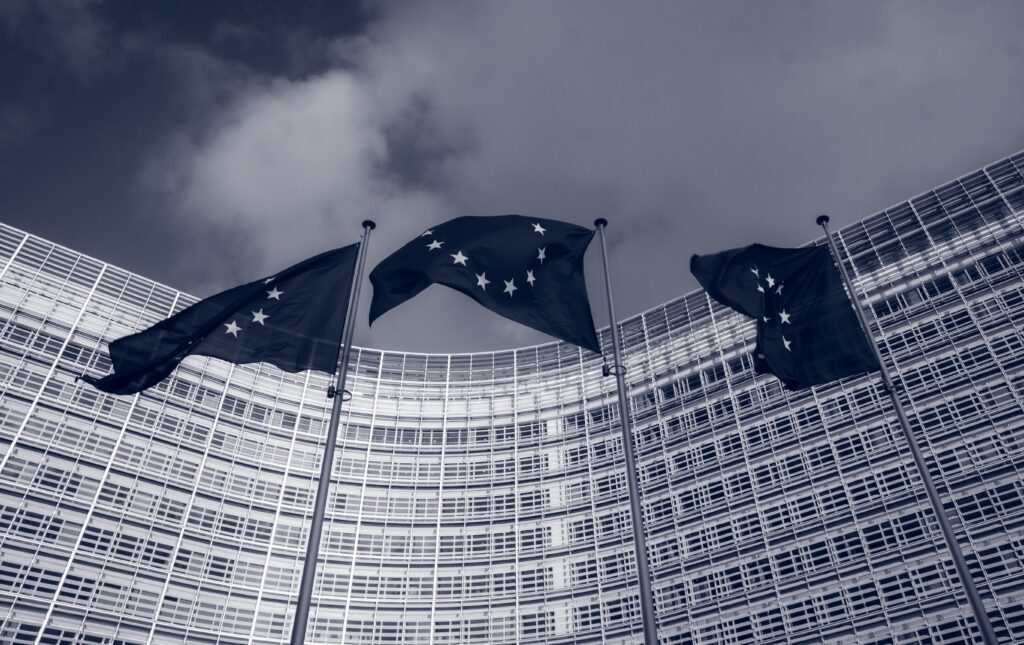On 16 February 2022, the European Parliament adopted its final recommendations for a comprehensive and coordinated EU strategy to fight cancer. It focuses on cancer prevention, Equal access to cancer care across borders, and A European approach to addressing medicine shortages. This adoption of this recommendation is the result of 15 months of an unprecedented consultation process through a series of public hearings and exchanges between Members, national parliaments, international organisations and experts.
Youth Cancer Europe, Childhood Cancer International – Europe and many other members of the EU-CAYAS-NET project consortium have spoken at public hearings and contributed to the BECA committee’s work and report, especially addressing topics of mental health and quality of survivorship.
As a direct result of YCE’s advocacy work, the Report, for the first time, addressed topics that were completely ignored by the Beating Cancer Plan, such as — Fertility: the Report “calls on the Commission and the Member States to plan actions that promote, in the context of care and treatment, greater attention to the protection of patients’ fertility, in particular in the case of paediatric and juvenile cancers” & “strongly urges the Member States to ensure that all cancer patients are fully informed about the possibility of fertility preservation procedures prior to the start of active treatment; calls for the development of guidelines at EU level for health professionals, defining the age at which cancer patients should be informed about the availability of reproductive health procedures; encourages, furthermore, the Member States to make provision for all cancer patients covered by compulsory national health insurance to be reimbursed for such services by national health insurance schemes” — Adolescents and Young Adults as a special population: the Report “calls for adolescents and young adults (AYAs) with cancer to be recognised at EU level as a particular group with specific medical and psychosocial needs, and for the creation of school programmes dedicated to them”










Comments
Thank you. Comment sent for approval.
Something is wrong, try again later